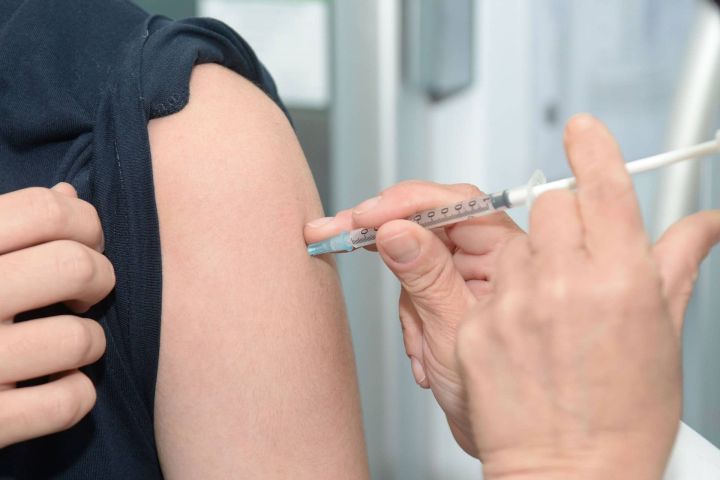Recently, the term "monkeypox" has been in the news and has sparked much debate around the world. Monkeypox is actually a human-animal infectious disease caused by the monkeypox virus infection.
Following the emergence of confirmed cases of monkeypox in the United Kingdom and the United States, confirmed cases of monkeypox have been reported in Australia, Italy, Sweden and many other countries since the 19th.
The European Centre for Disease Prevention and Control says it will aim to release its first risk assessment report early next week.
It is reported that #monkeypox is a viral zoonotic disease that can be transmitted from animals to humans through close contact. Most infected people recover within a few weeks, but some become seriously ill or even die.

Symptoms of monkeypox virus infection
Monkeypox virus can be mild or severe in humans, and symptoms can vary. The incubation period is usually 5-21 days after infection with the monkeypox virus. Once the infection has developed, the person will have a high fever, chills, fatigue, headache, muscle pain, localised swollen lymph nodes and blisters and pustules all over the body. The rash, which usually appears 1-2 days after the lymph nodes have swollen, often starts on the head and face and then gradually spreads to the trunk and limbs. In a small number of cases, the disease may worsen or even cause death due to haemorrhagic herpes or other complications.
How do people get the monkeypox virus?
Monkeypox is a zoonotic disease that can be transmitted from animal to human and from human to human.
Other animals such as gerbils, groundhogs, squirrels, rabbits, dogs and cats can also be a source of infection, as can infected people.
There are many ways to spread the monkeypox virus. Bites from infected animals can lead to infection, as can direct contact with wounds and body fluids of infected animals. It can also be spread from person to person through contact with bodily fluids and sexual contact, as well as directly through respiratory droplets and contact with contaminated objects.
The monkeypox virus can be transmitted relatively easily, but in comparison, people who have not been vaccinated against smallpox are more likely to contract it. Because monkeypox is a "close relative" of the human smallpox virus, the smallpox vaccine is also effective against monkeypox at around 85%.
As there are no antiviral drugs available for the monkeypox virus, treatment is based on intensive general therapy and medication to reduce symptoms or control complications. Patients with monkeypox virus infection generally have mild symptoms and the vast majority of patients can recover within 2-4 weeks after effective treatment.
How can I prevent monkeypox virus?
There is no vaccine approved for monkeypox virus in China, but smallpox vaccination provides cross-protection against monkeypox virus infection with up to 85% protection. In addition to vaccination, the following measures should be taken to interrupt the spread of the virus
1. Avoid direct contact with wild animals with unknown health and quarantine status, especially sick or dead animals.
2. Do not eat wild game, and also cook animal-based food thoroughly before consumption.
For medical staff, avoid unprotected contact with patients' body fluids, intimate clothing, etc. and follow the requirements for personal protection and hygiene.





